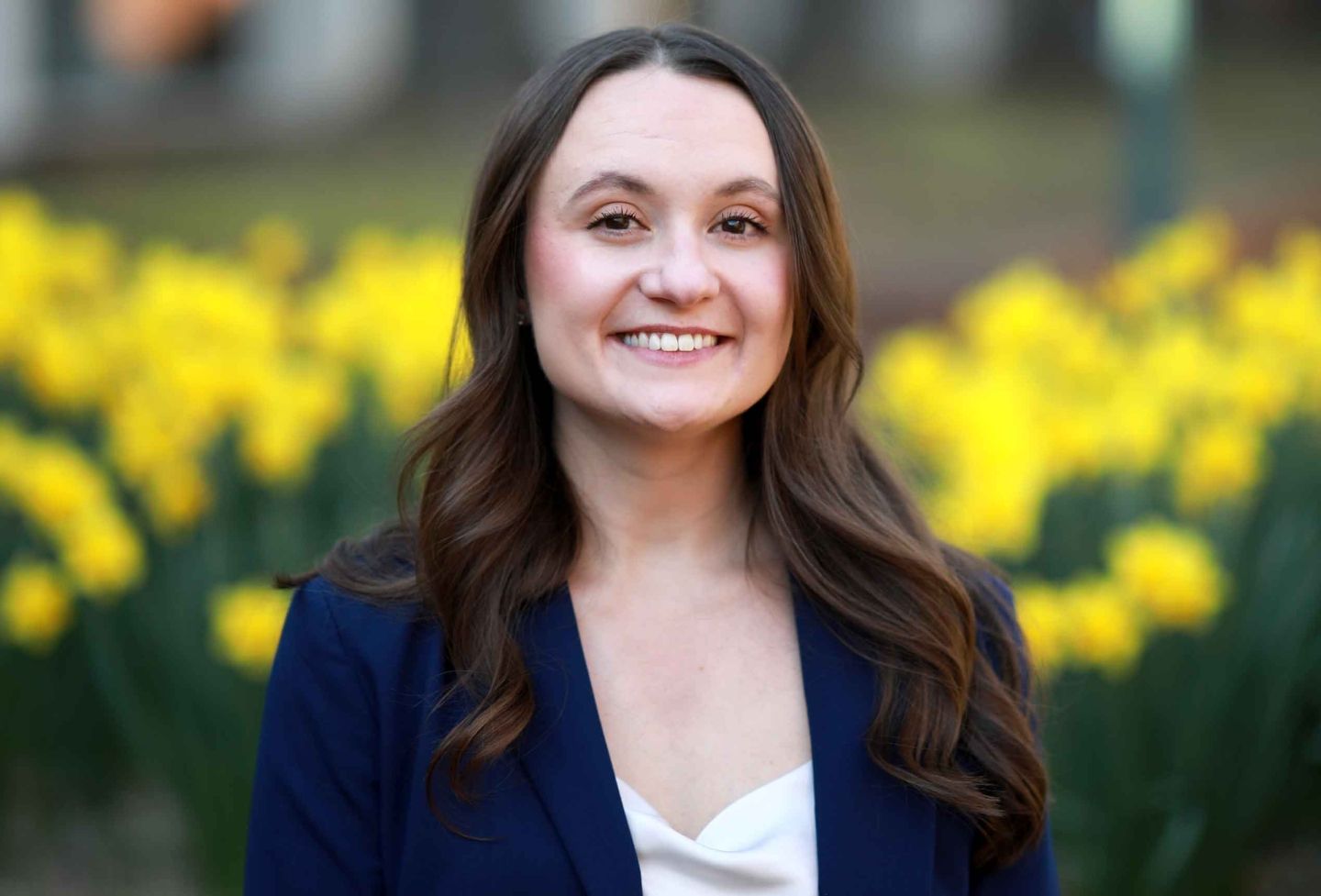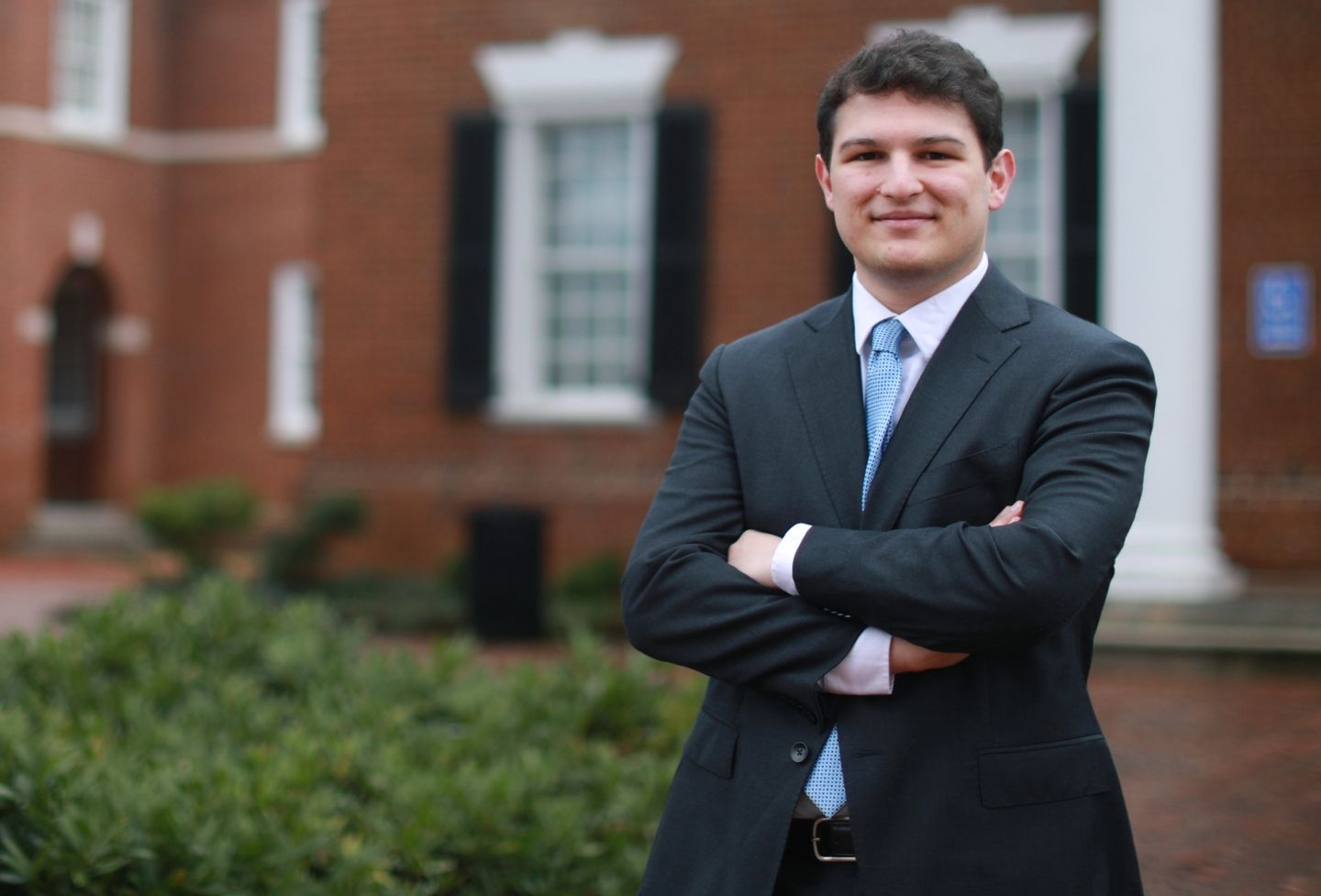While volunteering in Mississippi over spring break, a University of Virginia School of Law student inadvertently shined a light on the relative effectiveness of how federal grant money was spent to produce and retain jobs following Hurricane Katrina.
Ryan Ezelle, a second-year student in the Program in Law and Public Service, volunteered at the Mississippi Center for Justice last week as part of the Law School's annual Alternative Spring Break. He was asked to perform several tasks for the center, which provides advocacy for low-income and minority residents in the state. One of his jobs was crunching numbers that would fill in the post-Katrina employment picture and demonstrate the bang-for-the-buck of federal incentives.
Ezelle discovered that federal grant spending cost taxpayers $81,658 per job to create or retain 7,394 jobs in the state — a dollar amount that could change over time as jobs are multiplied, kept or lost. (As a point of reference, the U.S. Department of Housing and Urban Development's usual limit is $50,000 in grants per job, but that limit was waived because Katrina was a natural disaster.) Ezelle found that spending at the state port of Gulfport ballooned the per-job dollar amounts, which otherwise would be at just under $50,000. Also, fewer than half of the projects were in the state's three coastal counties, he found. His research was first featured in the Mississippi Sun Herald.
The findings were revealing because the Mississippi Development Authority's quarterly reports don't update information once job quotas have been met and projects have been closed out. The reporting method creates an incomplete view of how well job promises have been fulfilled, and the overall return on investment, according to Ezelle and the center.
"The people who are putting out these reports or making these grants should be more realistic," Ezelle said. "Don't make these jobs promises you can't be so sure about, and be open and honest about what the cost is in investing in these jobs."
Reilly Morse, president and CEO of the center, said Ezelle was a "terrific volunteer."
"Ryan was a quick study and careful researcher," Morse said. "His analysis headlined the local paper within a week of his arrival, highlighting the jobs reported and the questions raised by MDA's reports. We'd say send more like him, except that this is the caliber of talent we see from UVA. So, just keep sending us more volunteers."
The center is just one of six locations across the country in which 16 law students volunteered during the annual, weeklong volunteer effort, sponsored by the Public Interest Law Association. The venues help students accrue hours toward the Law School’s 75-Hour Pro Bono Challenge.
Other organizations participating in Alternative Spring Break included the Orleans Public Defenders, hosting Teresa Hepler, Sara Khan, Cindy McGrath, Austin Hill and Emily Mordecai; The Bronx Defenders, hosting Zhenkun Liu, Natalie Villalon, Richard Kang and Jamie Fraser-Bingham; the Office of the Attorney General of Richmond, hosting Neal Modi, Henry Morris and Alvin Williams; the Central Virginia Legal Aid Society, hosting Jeremy Bennie and Samuel Yergin; and the Center for Death Penalty Litigation, hosting Phuong Do.
Morse said that UVA Law students have been integral to the work of the center over the years, both on short-term projects and on a long-term basis. Thomas Silverstein '13, who volunteered at the center as an undergraduate and for all three years of law school, still works closely with the center at its national affiliate, the Lawyers' Committee for Civil Rights Under Law.
"UVA Law students were the first to volunteer at MCJ Biloxi shortly after Hurricane Katrina," Morse said. "Over the past 11 years, UVA's law students have worked on Katrina and BP [oil spill] claims, historic preservation grants, environmental justice, fair housing and education issues. We value greatly the over 2,500 volunteer law students we have hosted and we offer a compelling service learning experience."
Ezelle, a native Mississippian who earned his bachelor's degree in Spanish and international studies from the University of Mississippi, said that even though he anticipates practicing either immigration or criminal law, he was grateful to volunteer for a legal aid effort in his home state.
Founded in 1819, the University of Virginia School of Law is the second-oldest continuously operating law school in the nation. Consistently ranked among the top law schools, Virginia is a world-renowned training ground for distinguished lawyers and public servants, instilling in them a commitment to leadership, integrity and community service.


